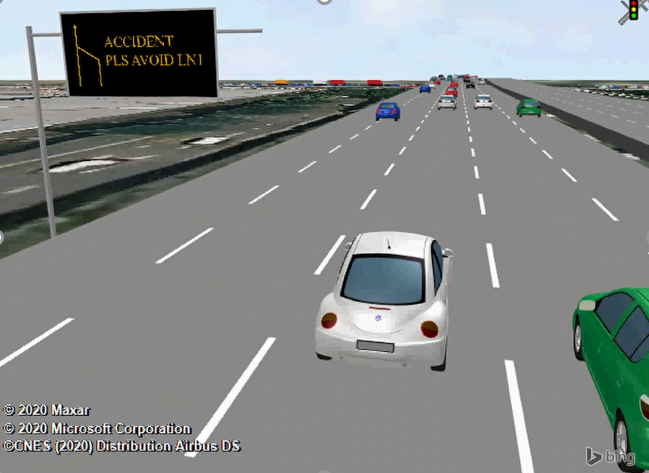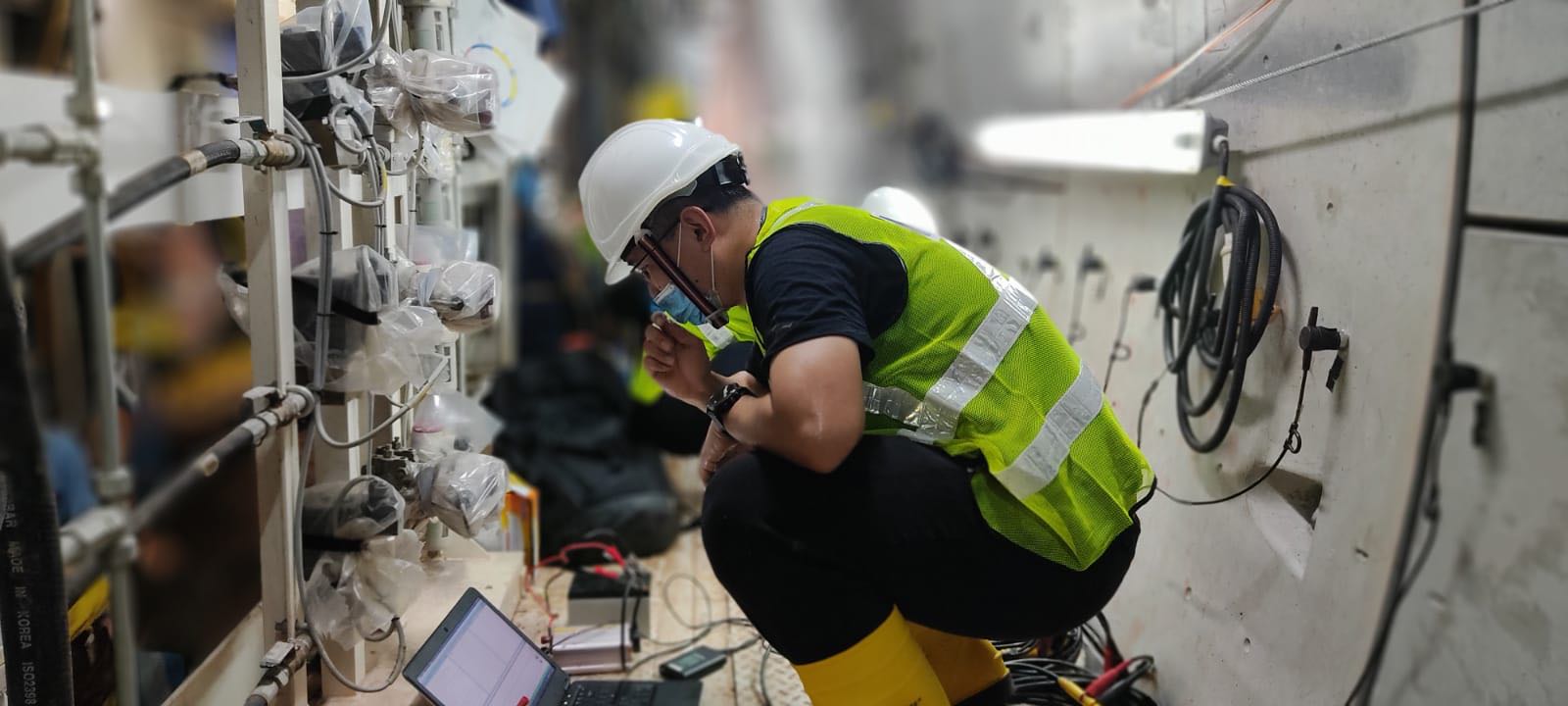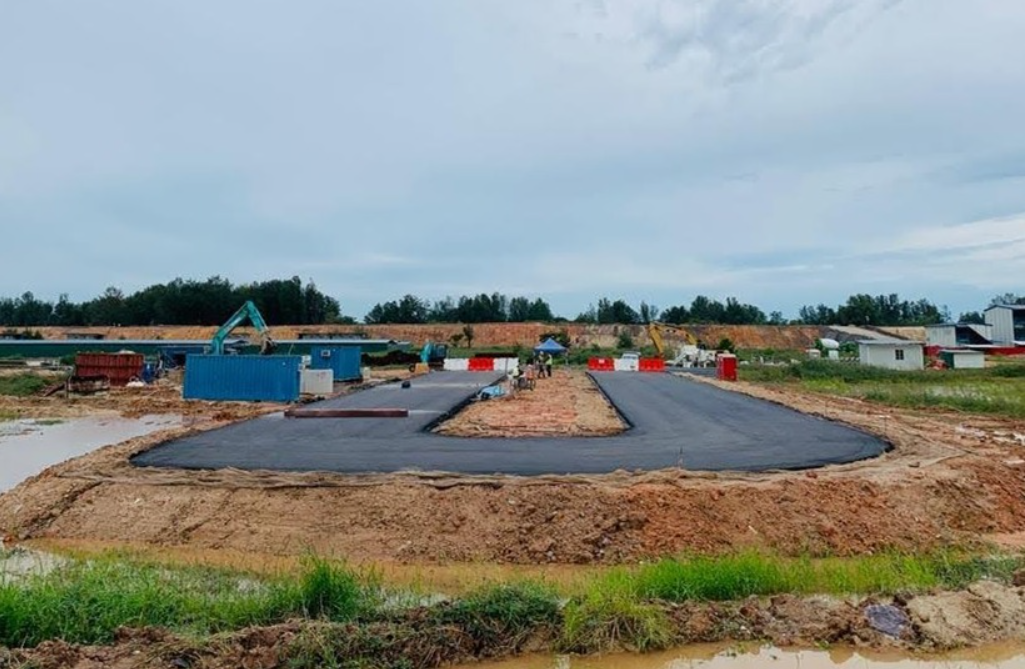-
-
- Bridging Scales from Below: The Role of Heterogeneities in the Global Water and Carbon Budgets
- Increasing Occurrences of Cyanobacterial Blooms Driven by Climate Change Factors
- Carbon Capture and Utilization
- Integrated Coastal-Inland Flood Model for Climate Change
- Pathways for Sustainable and Climate-Resilient Planning of Water-Energy-Food Security Nexus
-
- Air Quality and Health: A Paradigm Shift
- Surface Water Quality and Emerging Contaminants
- Microbial detoxification of persistent organohalide pollutants (POPs)
- Nutrients Removal in Waterbodies via Sustainable Pathways
- Centre for Water Research (CWR) researchers join their forces with U of T researchers for microplastics pollution detection and control in water and wastewater
- Dealing with Hard-To-Treat Industrial Wastewater
- Valorization of Bioresources – Towards a Circular Economy
-
- Intelligent Traffic Diffusion Plan Generation, Effective Assessment and Dissemination Strategies
- Transforming Waste into Resources for Infrastructural Development
- Look-Ahead Integrated Geophysical Investigation System (IGIS) for Singapore Tunnels
- Next-Generation Airport Pavements with Full-Scale Instrumented Testing
-
- Centre for Advanced Materials and Structures (CAMS)
- Centre for Hazards Research (CHR)
- Centre for Resilient Underground Infrastructure and Engineering (CRUISE)
- Centre for Transportation Research (CTR)
- Centre for Water Research (CWR)
- Centre for Resource Circularity and Resilience (CR)2
- Centre for Offshore Research and Engineering (CORE)
- Centre for Environmental Resilience (CES)
- Safety & Health Committee
- Completed Research Projects
- Research Brief
- Achievements (in the media)
Smart and Liveable Cities

Urbanisation is a growing phenomenon worldwide, with more than half of the global population today living and working in cities. By 2050, this proportion is likely to reach two-thirds, driven mainly by increasing globalization and rapid advances in transport and communication technologies. The qualities that constitute a liveable city is an evolving one. Civil engineering plays a crucial role in ensuring that the proper infrastructure is built and developed to facilitate the use of advanced technologies to enhance the lives of the citizens. One example is the problem of an aging population, which is an issue currently faced by many countries in the world. A liveable city should consider the needs for this group of citizens, and explore ways to design and build intelligent infrastructure for the aging population.
A liveable city should also be a sustainable city. As such, the evolution and growth of a liveable city should be consistent with the global effort to reduce the carbon footprint. In this aspect, civil engineering can play an important role in the development of solutions involving, green infrastructure and smart urban mobility that includes the planning of car-free and car-lite towns, infrastructure development for autonomous vehicles, and efficient maintenance for smart transport infrastructure.
In the context of a small island state like Singapore, the notion of a liveable city is also closely linked to the optimal use of the limited surface land space for people-centric purposes such as housing, parks and community spaces. To do so would involve the exploitation of underground space for MRT lines, utilities and storage purposes, so as to free up valuable surface land for more liveable uses. Besides going underground, the potential for tapping into the use of sea (such as land reclamation) and air space should also be considered.
The above are some of the issues that the Smart and Liveable Cities research cluster in the Civil and Environmental Department at NUS are currently addressing. While driven primarily by local needs, the results and findings from these research areas will be highly useful and applicable for similar problems faced by cities in many parts of the world.
Director: Prof Meng Qiang
Co-Director: Assoc Prof Goh Siang Huat
Research Focus
Ecological and social transition of economy
Sustainable engineering; Circular economy; Intelligent infrastructures for aging population
Create space of value
Increase land intensity; Liveable land, underground, sea & air space; Convertible and multipurpose infrastructures
Future smart urban mobility
Autonomous vehicles; Car-free and car-lite towns; Urban mobility for aging Singapore; Future transit-oriented development planning, Smart transport infrastructure maintenance
Highlights
Ongoing Projects
| TITLE | PRINCIPAL INVESTIGATOR |
|---|---|
| Joint Study on the Reuse of Excavated Soft Clay Material for Land Reclamation Works | Dr Chew Soon Hoe |
| Artificial Intelligence for Soil Recognition | |
| Clay Sintering | |
| Pavement Construction Research in Singapore Changi Airport | Assoc Prof Ong Ghim Ping, Raymond |
| Urban Planning and Facility Design with Consideration for Active Aging | |
| Sinkhole Risk Assessment for Tunelling in Complex Geological Conditions Using Big Data Analysis | Prof Lee Fook Hou |
| Converting Unwanted Soil Waste into Useful Supplementary Building Materials by Calcination | Assoc Prof Chien Siau Chen, Darren |
| Look-Ahead Integrated Geophysical Investigation for Singapore Tunnels | |
| Integrated Smart Predictive Remote Sensing Technology for Ground Settlement Monitoring | Assoc Prof Chien Siau Chen, Darren |
| Container Haulage Problems: Model Development, Effective Algorithm Design and Applications | Prof Meng Qiang |
| Smart Traffic State Estimation and Short-Term Prediction |
|
| Analysis of Intermodal Container Transport Network in the Context of Chongqing Connectivity Initiative – International Land-Sea Trade Corridor (CCI-ILSTC) and China – Singapore / ASEAN Region | |
| Jurong Island Groundwater Research Programme (Phase 3) | Prof Vladan Babovic |
| Planning and Smart Traffic Management in Connected Transportation Networks | Dr Liu Yang |
| Intelligent Traffic Diffusion Plan Generation, Effective Assessment and Dissemination Strategies |
|
| Advanced Geological Mapping Using Machine Learning Technique | Dr Ku Taeseo |
People
- Prof Meng Qiang (Director)
- Assoc Prof Goh Siang Huat (Co-Director)
- Emeritus Professor Fwa Tien Fang
- Honorary Fellow Assoc Prof Chin Hoong Chor
- Adjunct Prof Lee Der-Horng
- Prof Liew Jat Yuen Richard
- Prof Rajasekhar Balasubramanian
- Prof Tan Kiang Hwee
- Prof Vladan Babovic
- Assoc Prof Chian Siau Chen, Darren
- Assoc Prof Ong Ghim Ping, Raymond
- Assoc Prof Pang Sze Dai
- Dr Chew Soon Hoe
- Dr Ku Taeseo
- Adjunct Dr Li Yunyue, Elita
- Dr Liu Yang
- Dr Prateek Bansal
- Dr Yeoh Ker-Wei, Justin





